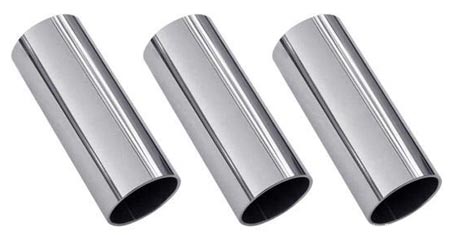Nickel Alloys : Challenges Of CNC Machining
In custom CNC machining, there are some materials and alloys that are always a challenge to machine. One of those is nickel alloys such as Inconel 625, which are desired for their strength and aqueous corrosion resistance.

Why it is a challenges in machining ?
Nickel alloys are difficult to machine with traditional machining services, but their uses are so far and beyond many other alloys that they hold an important place in industry.
These strengths are part of why Inconel 625 and other nickel alloys are challenging. Nickel 200 machinability, for example, is difficult because its resistance to heat makes it difficult to form, deform, and otherwise weaken for malleability. It has a tendency to chip and break under machining equipment and processes. Many machining shops can’t work with it, considering the failure rate and costs associated with inappropriate tooling.
Using high nickel alloys as a manufacturing material requires that process managers, machinists, and designers understand the issues nickel brings to the fabrication space. As it does not weaken or deform easier at higher temperatures, as observed with other types of alloys, nickel is more difficult to deform by high precision machining processes.
This single factor has kept some users away from nickel alloys, forcing their particular applications to suffer onward with inferior materials. In reality, it is possible for the majority of manufacturing environments to adapt to nickel machining with ease.
How to Machine Nickel Alloy?
Nickel alloy requires the following considerations when milled:
- Capacity—this material can be bored on almost any type of machine...it's the speed, feed, cutting depth, and tooling that will make the difference.
- Drilling—insert drills need to be given special consideration for nickel alloy machining. Your feed rates should ideally be .002”/revolution. Cobalt drills are best, then high-speed steel—then twist drills (not recommended).
- Lube and Coolants—for lighter work, water-miscible, oil-based fluids will suffice, but for heavy tapping and/or drilling you'll want a lighter viscosity oil.
- Tooling—the incredible strength profile means that tools will wear and dull quickly, so you'll likely need to change tools regularly, sharpen them, and use c-grade inserts where possible.

